
Make it stand out
What’s been happening?
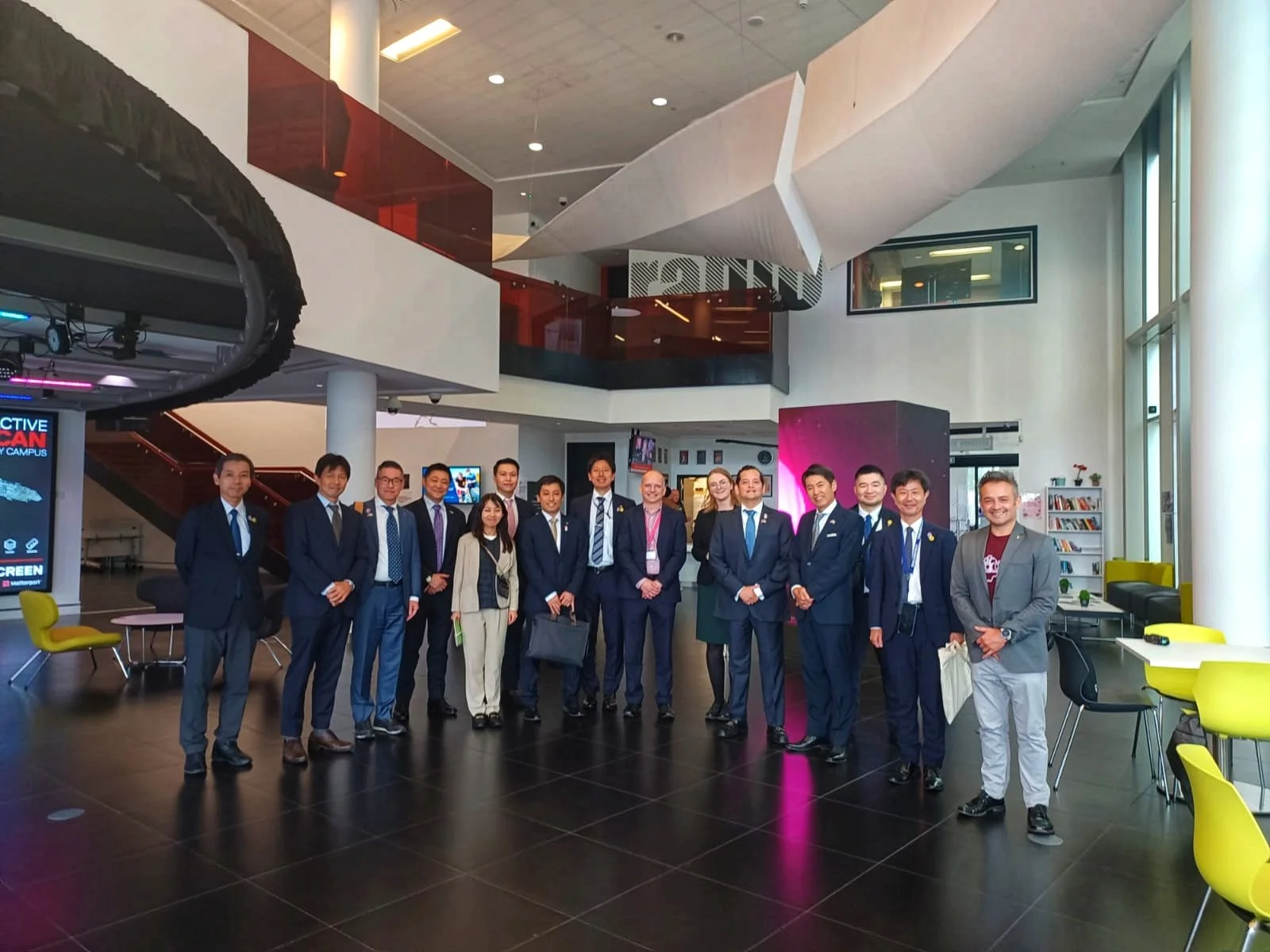
Japan X MCR
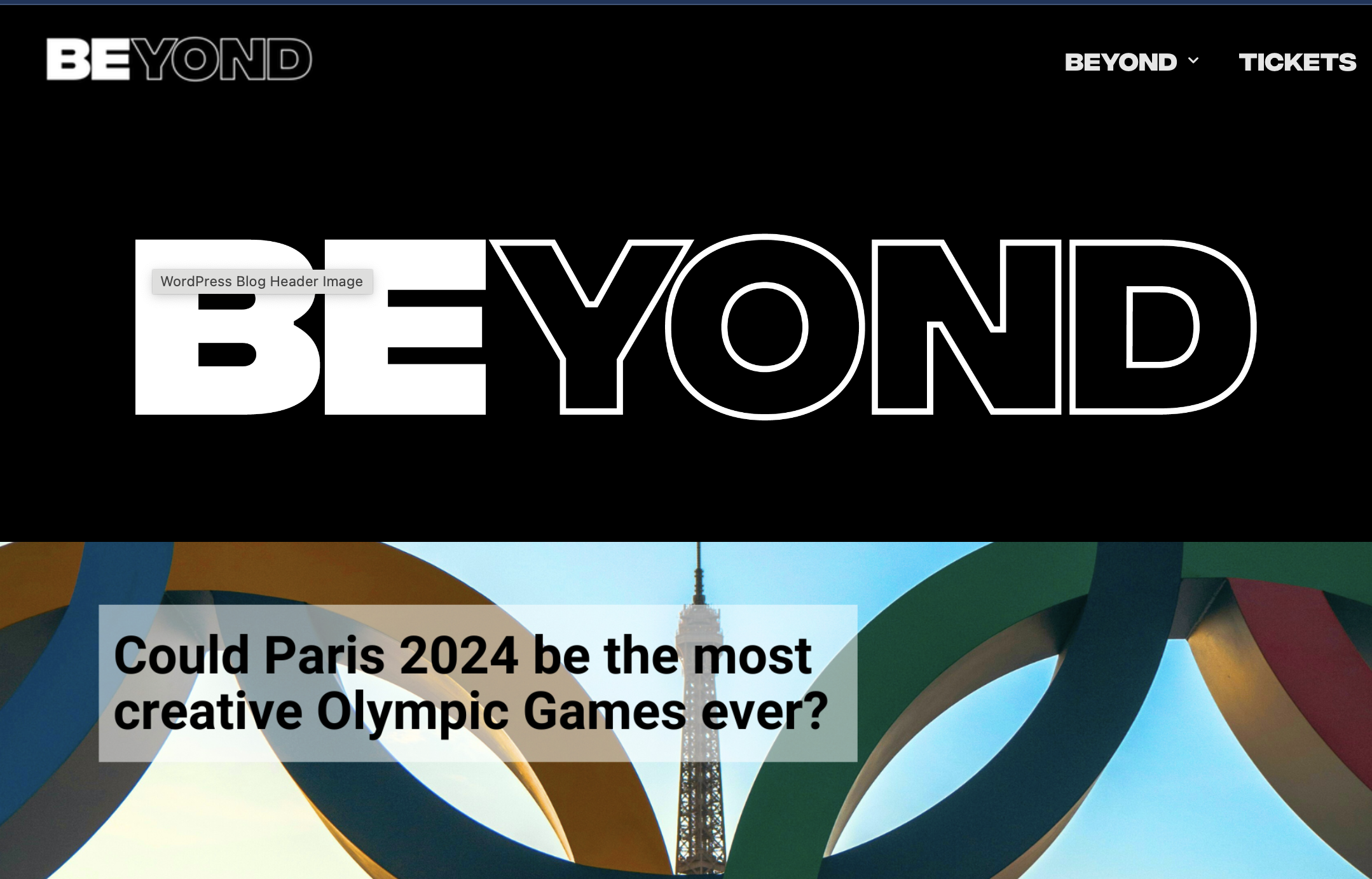
BEYOND Conference
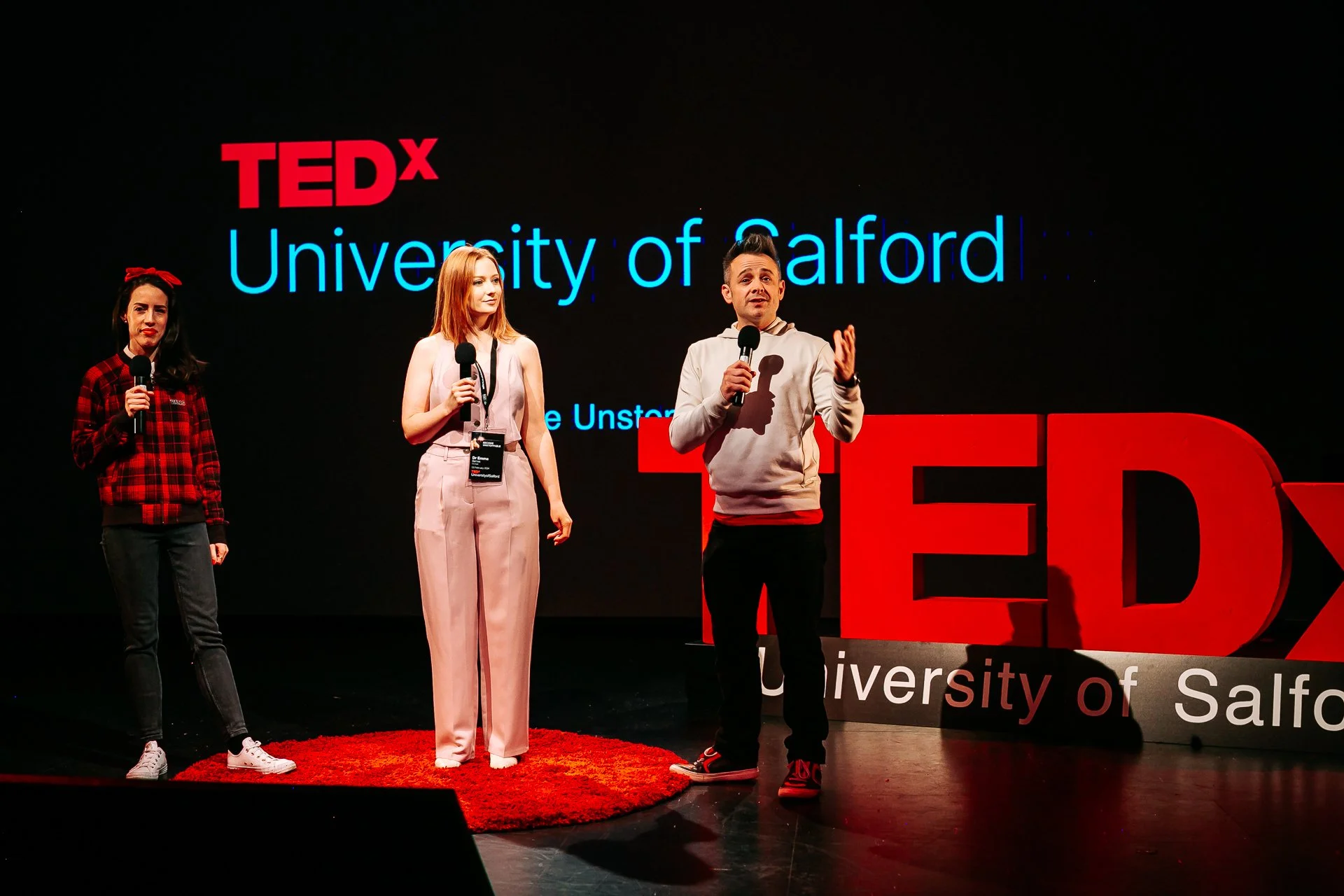
TEDx University of Salford
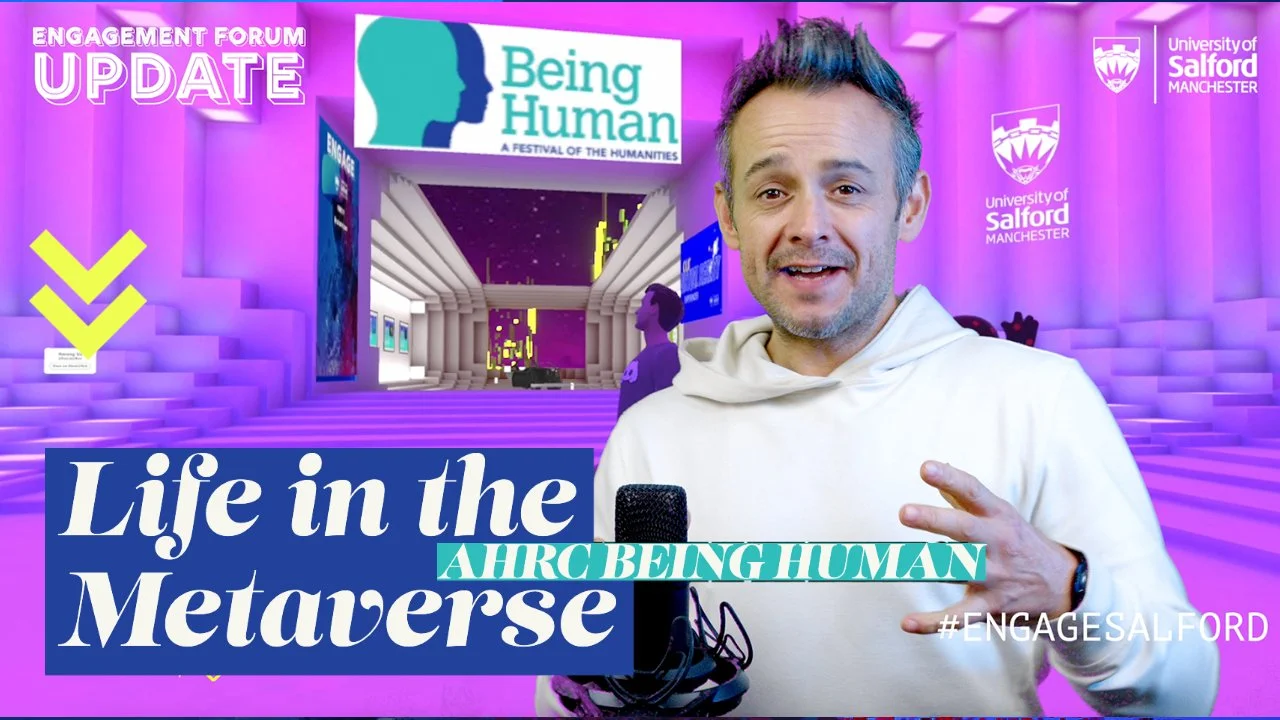
Life in the Metaverse #BeingHuman2022
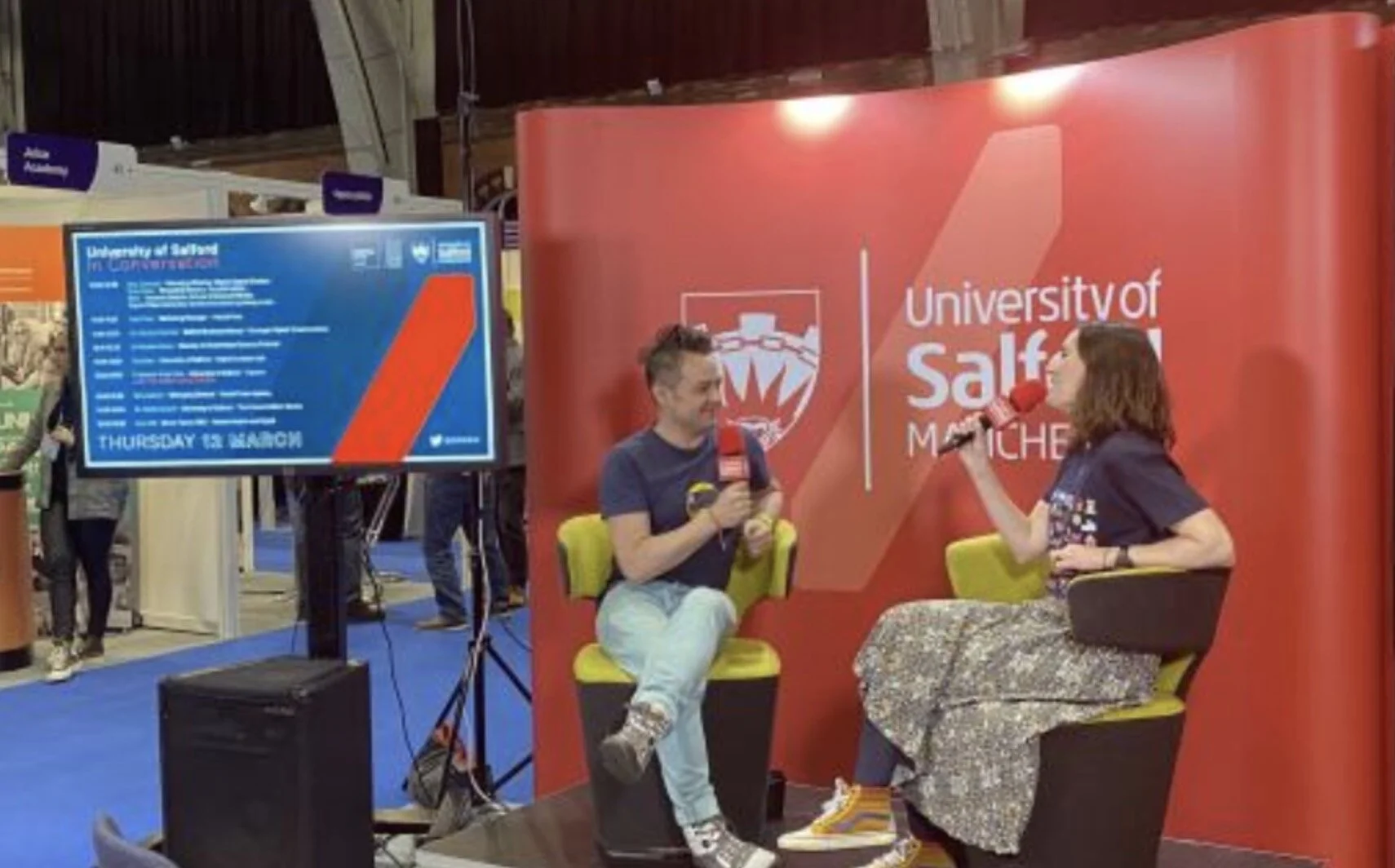
The Digital City Festival
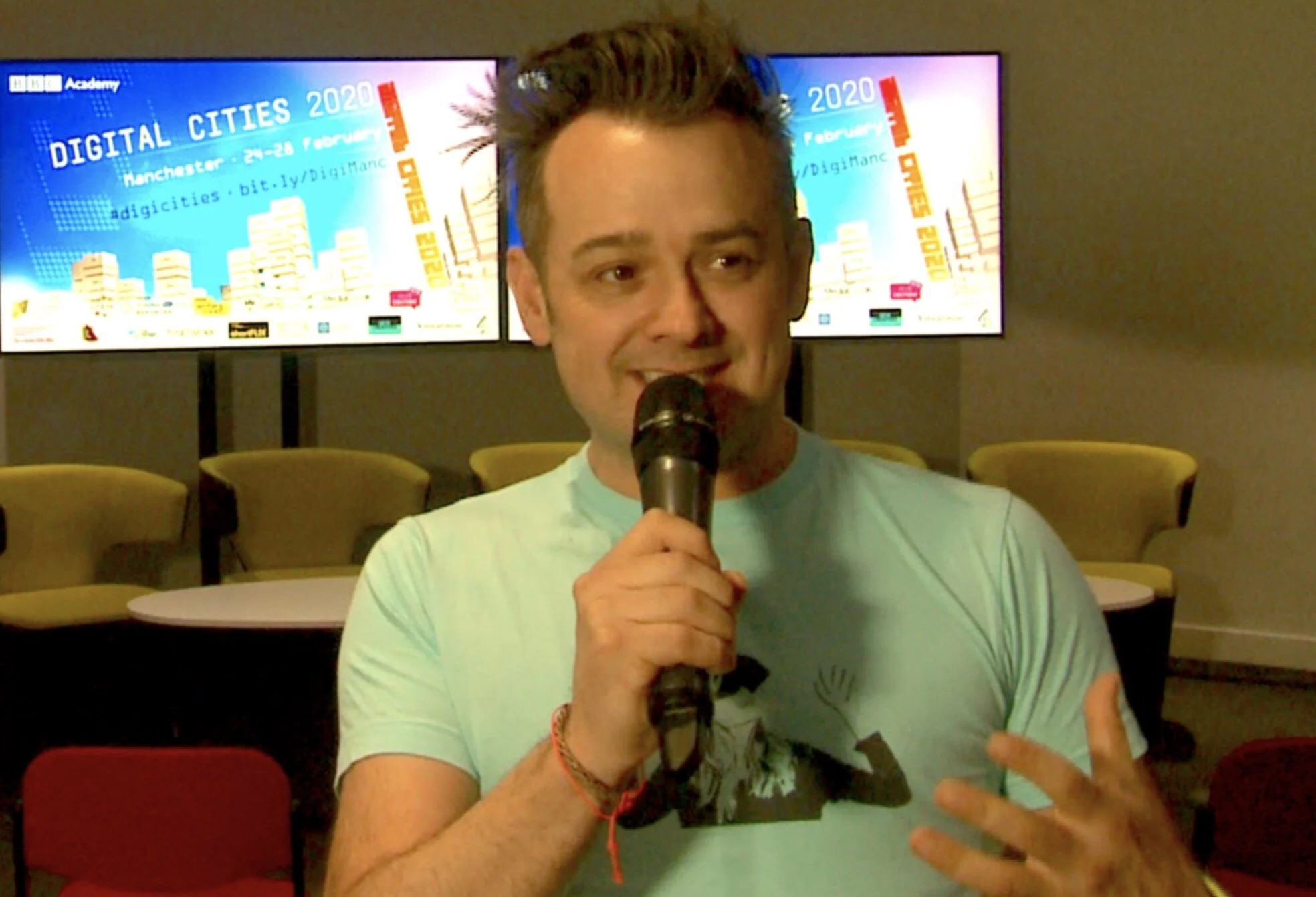
Esports @ BBC Digital Cities

Digital Health in the House of Commons
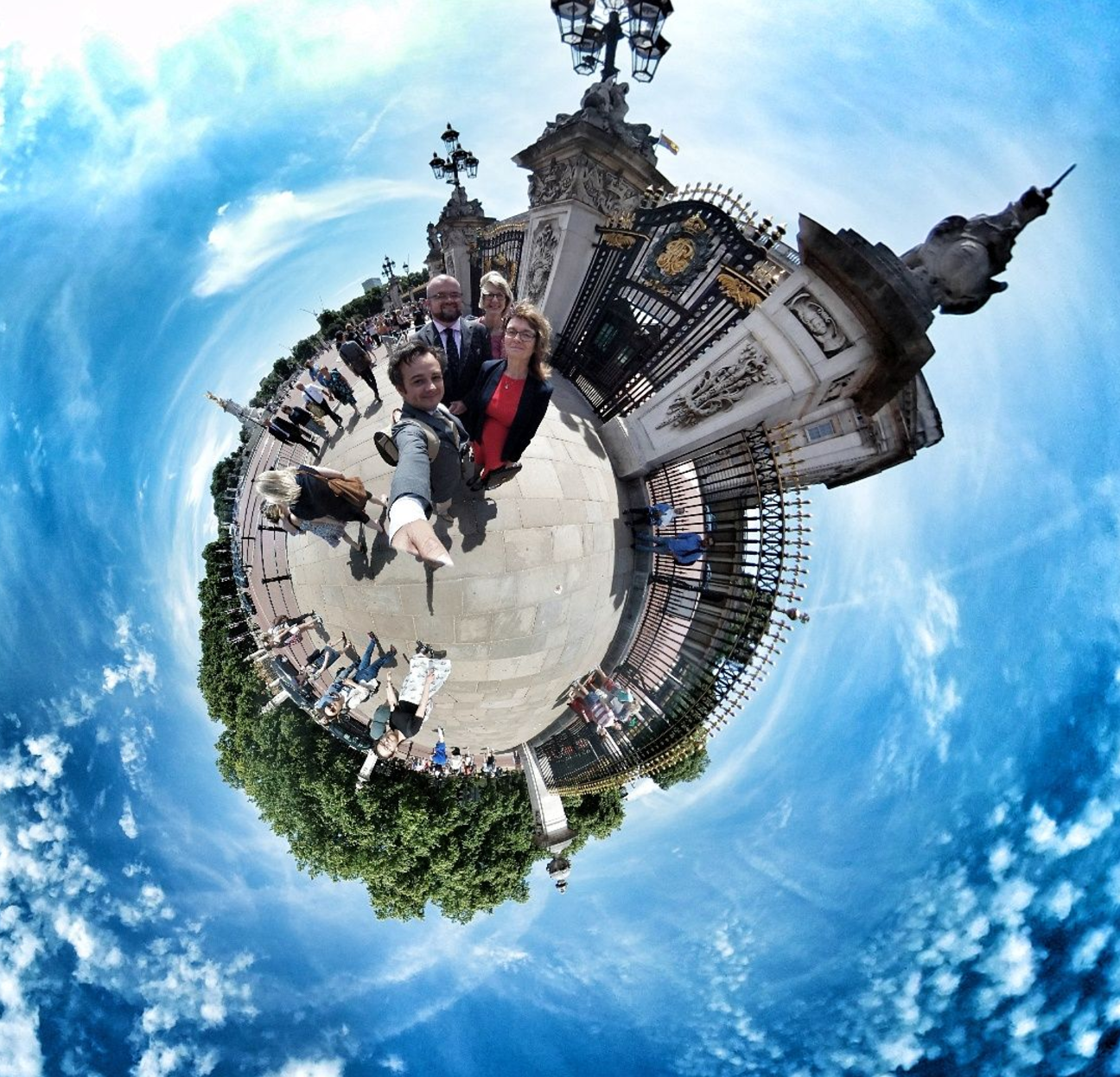
A day at Buckingham Palace

The Great Science Share
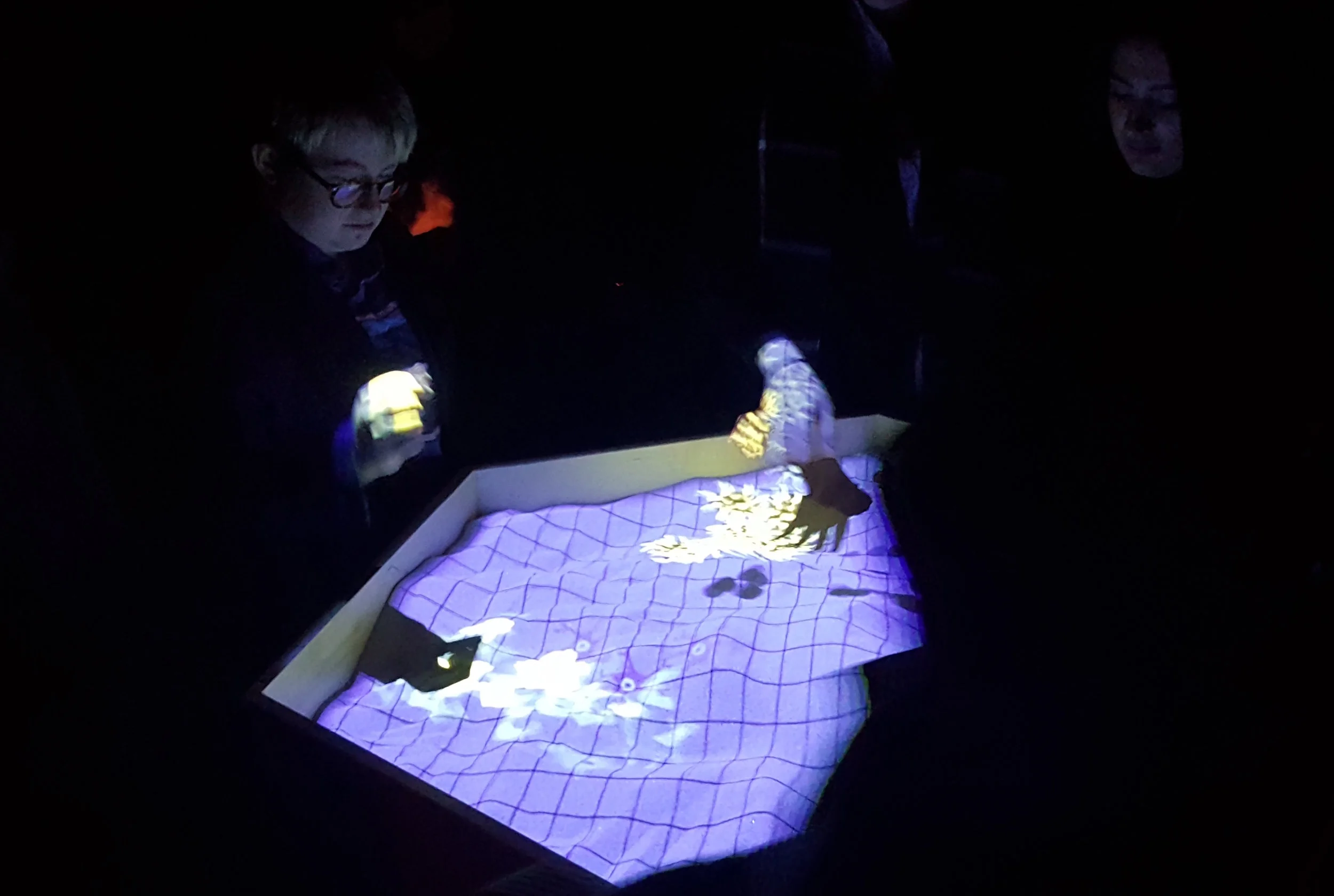
Salford Science Jam
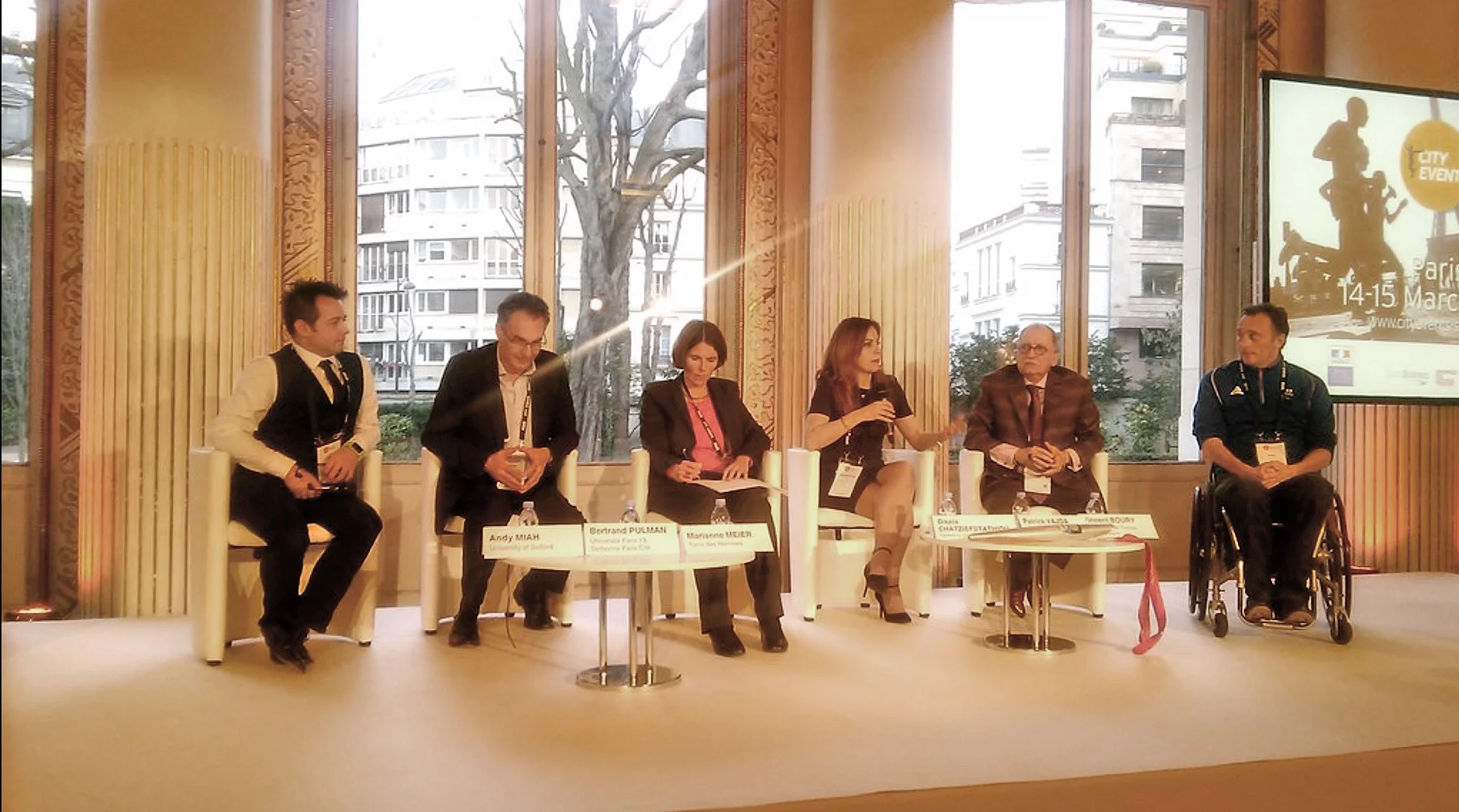
City Events 2016

